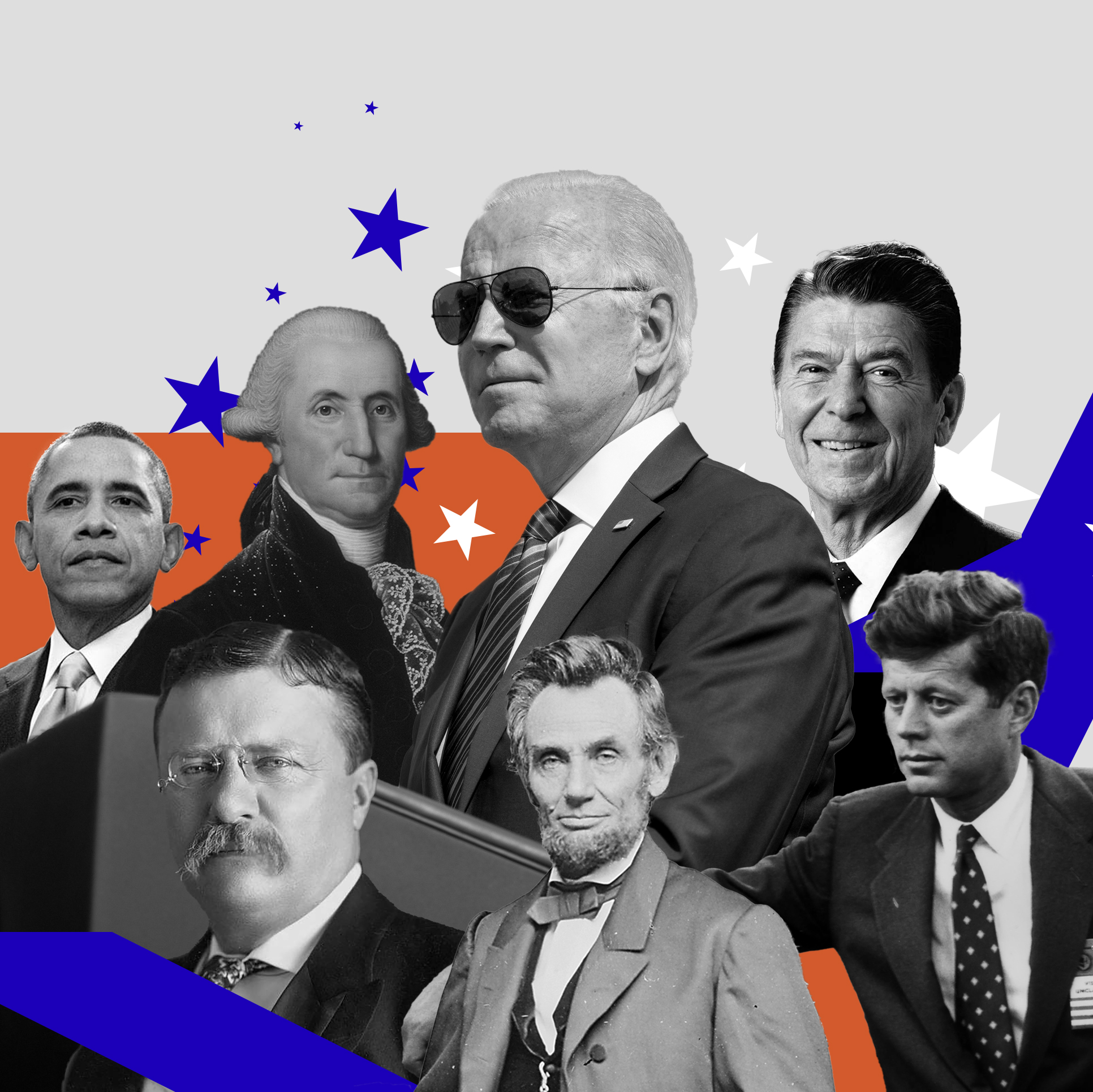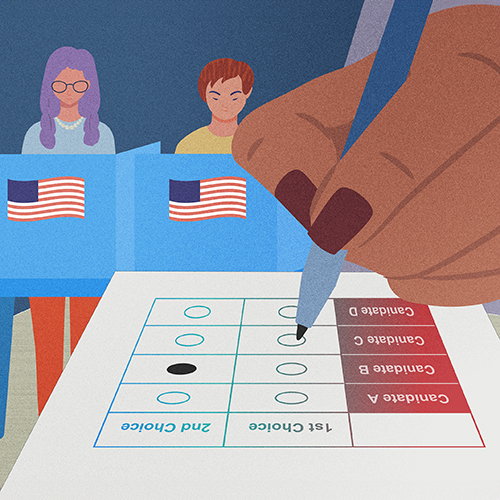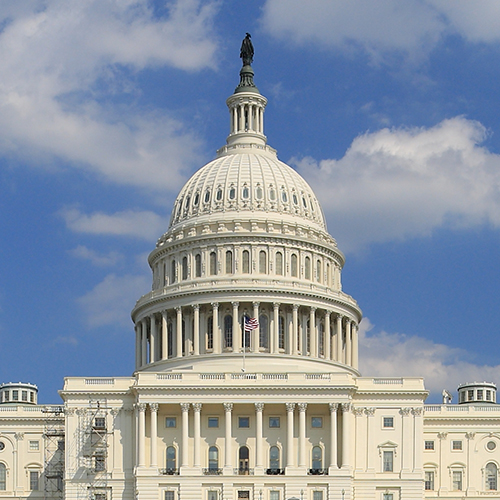During his commute to campus, Anthony Gill enjoys listening to talk radio and podcasts. While listening to EconTalk, an economics podcast aimed at an intelligent lay audience, he had an epiphany. “I thought, ‘I can do that. Why not have a podcast for the social science of religion?’”
A search of the internet revealed that no such program existed, so Gill, professor of political science, pitched the idea to several groups. Baylor Institute for the Study of Religion—where he serves as a non-resident scholar—agreed to host the podcast on its website, and Gill began lining up guests and topics in spring 2010. The podcast, Research on Religion, went live in July 2010.
“This is not a podcast on theology,” explains Gill, whose guests have ranged from academics to members of the clergy to government officials. “There are plenty of programs with theological content. Instead, our focus is on the social scientific study of religion—how religion, religious institutions, and spiritual individuals operate in the temporal world.”

Gill is a natural for the podcast. At the UW, he teaches a Religion and Politics class that routinely attracts 200 students, and he has written books on the intersection of religion and politics. He also has served as guest host for a talk show on Christian radio station KGNW.
“I remember talking to the producer of that show (no longer broadcast in the Seattle market) about the show’s small drive-time audience,” says Gill. “It reached about 10,000 people. I thought, ‘Wow, that’s more than all the students I’ve talked to during all my years at the UW and all the people who’ve read my books. That’s powerful.’”
His Research on Religion podcast is not attracting quite that many listeners yet, but the audience has grown impressively, especially after Gill interviewed Michael McBride, an economist at UC-Irvine, about the Mormon Church. That podcast alone received close to 4,000 downloads and introduced new listeners to his site.
Selecting topics and recruiting compelling guests is Gill’s ongoing challenge. He started with colleagues whom he knew to be excellent interviews. Now he is looking further afield. “I go for the topic first and then the speaker,” says Gill. “Some academics make their research too esoteric. For the podcast, I need people who can translate their work into a public-friendly style. It doesn’t mean dumbing it down. It means you can listen to it on a drive into the office.”
Not that all of Research on Religion’s guests are academics. Gill is eager to bring non-academics into the mix. His interview with David Brody, chief political correspondent for the Christian Broadcasting Network, focused on the 2010 midterm elections and religious journalism. With Erik Stanley, a lawyer with the Alliance Defense Fund, he discussed the legality of clergy endorsing political candidates from the pulpit. And he asked Mark Driscoll, pastor of Mars Hill Church, how he managed to transform a small Bible study group into one of America’s largest and fastest growing churches, particularly in one of the country’s “least churched” cities.
Coming soon, says Gill, will be a podcast on evolution versus creationism. “It won’t be about taking a position on the debate,” he explains. “It will be a social science perspective on the debate itself and what makes both groups tick. I’m not promoting a position.”
To listen to any of the more than 30 podcasts already available for download, visit the Research on Religion Podcast website at www.researchonreligion.org.
More Stories

Is This Presidential Campaign Different?
UW History professor Margaret O'Mara provides historical context for this moment in US presidential politics.

Democracy by the Numbers
Mathematics and Democracy, an undergraduate mathematics course, explores the role of math in many aspects of democracy, from elections to proportional representation.

Making Sense of This Political Moment
To navigate this momentous election season, Arts & Sciences faculty suggest 10 books about the US political landscape.